Seattle school district considers allowing advertisements at school stadiums
Post Views 0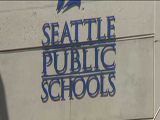
“We’ve been able to deliver a balanced budget without cuts to the classroom and with some enhancements to the classroom so I’d give us a good B+,” he said.
Much as they would have liked to give their budget an A+, there are a few constraints that prevented it from attaining the highest ranking.
Much to the chagrin of parents, the district has raised its kindergarten fees from $237 a month to $272 a month. This will make the parents cough up an extra $400+ over the year.
Moreover, bus ride times, owing to consolidation of routes, for all the students, as almost been doubled from 25 minutes to 45 minutes either way, going from school and coming to school.
Karl Faucher, whose daughter will be starting kindergarten this fall, expressed his unhappiness over the changes. “That will definitely be an issue. A 5-year-old shouldn’t be on a school bus for an hour and a half a day. All these things seem unnecessary,” he said.
To further increase revenue, the school board withdrew its 2004 ban on advertising and unanimously voted Wednesday night to allow commercial advertising on athletic fields, stadium scoreboards and school calendars. Since disallowing ads in school vending machines and on campus TV, the school lost around $1 million in revenue each year.
However, parents and teachers were not very happy with the proposals passed in the board and protested holding signs that read, “School is for learning, not for marketing,” and other similar messages.
The school said that the proposals were modest and considering the school’s financial situation, something that could not be avoided.
“We’re not discussing advertising in the school building at all. It isn’t necessarily corporate either. This could be for the restaurant down the street,” School Board President Michael DeBell said.
Moreover, there were certain restrictions regarding the ads, they would be within high-school student premises and not located inside school buildings, nor would the ads promote unhealthy food.
Many companies have evinced interest amongst them, companies like Nike and the Fred Hutchinson Cancer Research Center.
Although it was not yet decided how the revenue earned through advertising would be spent, it was assumed that it would be channeled to both the district’s general fund and to student government to fund school activities. However, how much will go to either of them has not yet been finalized.
“We live in a culture where we’re surrounded by advertising all the time. In this particular situation, if it would alleviate some of the burden I don’t think I’d necessarily be against that,” Faucher said.
“Advertising sales remain the wrong solution to the problem,” said Matt King, parent of a sophomore at Nathan Hale High School. “We parents entrust our children’s education only to you We … ask you not to sell off even a sliver of your influence.”
The major cause for worry is that it could invite lawsuits, and become an additional headache for the district. The lawsuits that certain ads on King County Metro buses attracted must be further causing concern and apprehension in the district’s mind.
“We’re obviously concerned. We want to make sure the policy is written carefully to not potentially create a litigious situation that would soak up any revenue we might be able to gain,” DeBell said.
The additional advertising is only an extension as the Northshore School District does allow advertising at its sports fields. However, the ads must be age appropriate and first be approved by the principal at each high school.
Seattle school district considers allowing advertisements at school stadiums by Harrison Barnes


 What Really Happens When We Receive Personalized Ads
What Really Happens When We Receive Personalized Ads 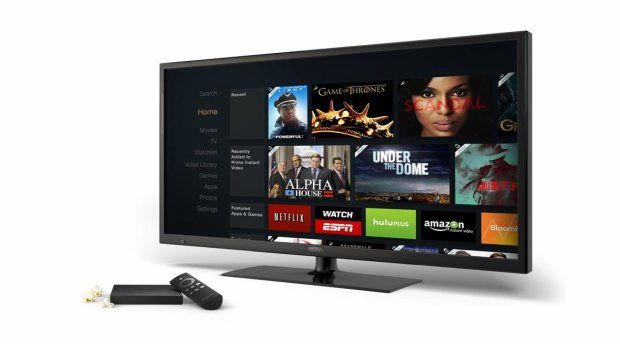 Advertisers Turn to Outlets Other Than Traditional Television
Advertisers Turn to Outlets Other Than Traditional Television 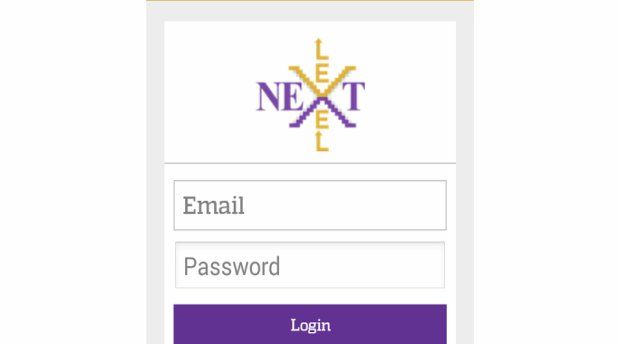 Next Level Text Allows Anyone to Fundraise
Next Level Text Allows Anyone to Fundraise  Fast Food Companies Look to Their Consumers for Advertising
Fast Food Companies Look to Their Consumers for Advertising 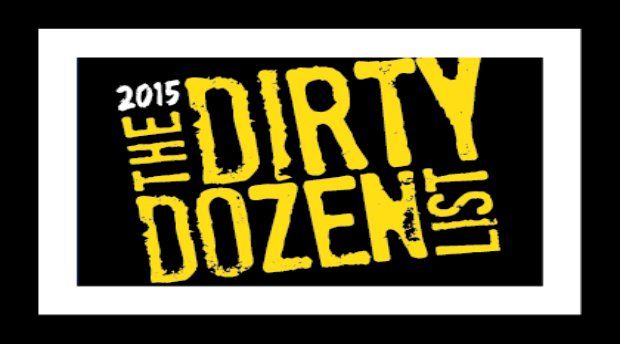 12 Companies That Profit Off Sexual Exploitation
12 Companies That Profit Off Sexual Exploitation  Project Gravitas Prepares for Black Friday with ‘Message in a PG Box’
Project Gravitas Prepares for Black Friday with ‘Message in a PG Box’ 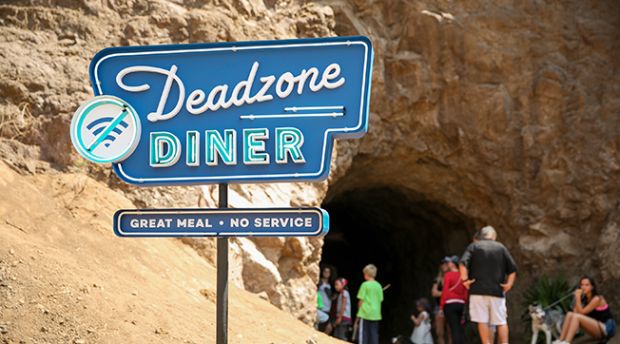 “Deadzone Diners” Takes a Different Approach to Cellphone Usage
“Deadzone Diners” Takes a Different Approach to Cellphone Usage